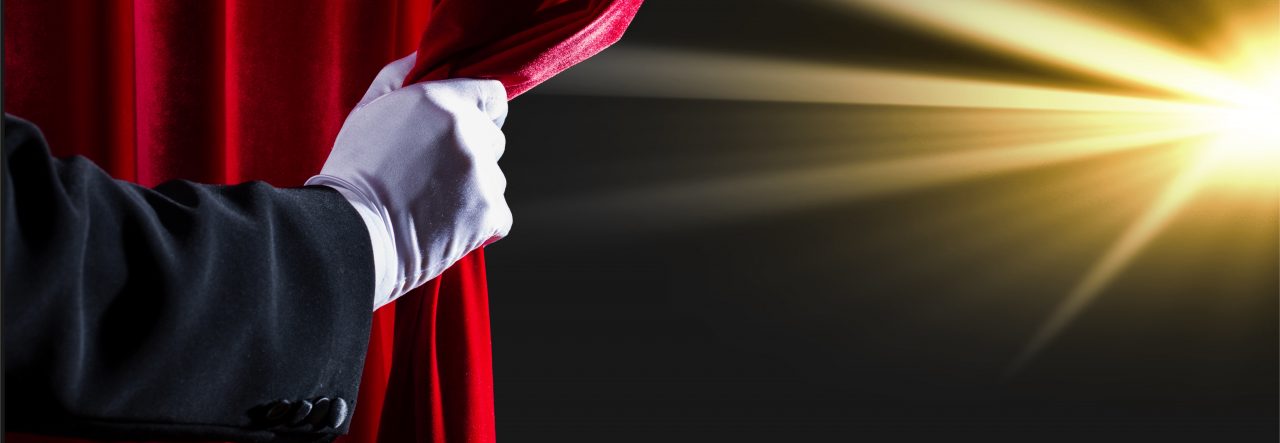I read Rupaul’s first memoir “Lettin’ It All Hang Out” back in 1995 when it was first published and enjoyed it so much I read it a couple of times. Thinking about that book whilst reading this (I no longer own a copy) I’m not sure how much Rupaul the person was present, it was very much Rupaul the brand, full of life tips, things he loved, alongside snippets from his past.
But what a brand Rupaul is and it’s one that has exploded since that publication. At that time he already felt a trailblazer for reaching unprecedented levels of fame for a tall, black, American drag queen with a music and movie career but from 2009 he began “Rupaul’s Drag Race” and few would have imagined that this would bring him huge success, a worldwide franchise, umpteen awards and “Mama Ru” is no longer just a trailblazer but at the centre of something that has transformed society on a global scale.
But this is all for the future as “House Of Hidden Meanings” doesn’t take us that far. If the last book of his I read was Rupaul the brand this is very much Rupaul the person.
Born in 1960 in San Diego this is the tale of a boy whose childhood was marked by a mother unable to cope with the breakdown of her marriage and a father who would not turn up for his son when Rupaul was sat on the front steps waiting for him. His mother always believed her child would become famous and he knew he was different. From his time in therapy Rupaul describes this as terminal uniqueness – “this sense of being so different from everyone that it felt like a death sentence.” The world had to catch up to allow this boy to find fame by being different and using that difference to make his mark upon the world.
It could have gone so wrong. There’s a lot of substance abuse in this book and precarious situations which could have easily turned and when fame comes most of these issues do not go away.
I read this quickly in a couple of days. I think when I heard Rupaul was writing this I was expecting a fuller story. He really could have come up with a work as thick as the recent Streisand tome and it would still not be all told. He can be sketchy on dates and the fame when it comes feels a little glossed over, he seems to rapidly go from club turns to hosting the Brits with Elton John and perhaps that is what it felt like at the time or perhaps he’s allowing some overlap to be picked up again in a later volume.
You can hear the voice of Rupaul throughout, his affirmations, his ability to analyse and crystallise situations, his self-help nuggets and the metaphors which don’t always hit home. I’m still a little vague around the title but this is one of the real strengths of this work as you get the sense of the real Rupaul Charles shining through though I think I would have liked just a little more to have made this into the important biography I was hoping it was going to be.
The House Of Hidden Meanings was published in hardback by 4th Estate in the UK in 2024.















